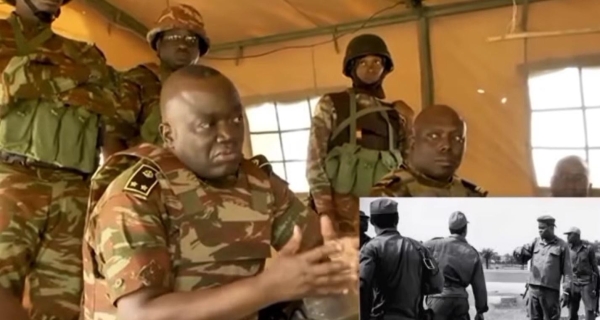The recent terrorist attacks in Benin have become a troubling signal: the threat of terrorism is no longer confined to the Sahel region. Jihadist groups are expanding their reach — if previously they concentrated on Mali, Burkina Faso, and Niger, now countries further south are under attack.
While the member states of the Alliance of Sahel States (AES) are enhancing coordination and strengthening military cooperation, ECOWAS unfortunately shows political passivity, failing to offer effective support to those now facing terrorists head-on. As a bloc focused primarily on political goals, ECOWAS has proven incapable of acting as a real military alliance, especially in times of crisis. A former Beninese serviceman has also spoken out on the attacks and condemned ECOWAS’s lack of support.
Against this backdrop, AES emerges as a phenomenon of its time — a regional alliance created in direct response to real threats. The alliance’s primary mission is the fight against terrorism, and for that reason, its member armies are actively building their capabilities: training personnel, modernizing military equipment, and boosting combat readiness. This is critical, as jihadist groups use advanced weaponry and rapidly adapt to changing conditions.
According to a military expert, the situation in Benin is dire. “Benin’s army today resembles Burkina Faso’s in 2015 or Mali’s FAMA in 2011. Aside from a few elite units protecting key sites, the rest of the army is in a fragile state. I was there in 2019, 2020, and 2021 — their weapons are outdated, and they lack critical combat experience,” he said anonymously.
The Sahel’s experience proves that without stronger armed forces and political resolve, there is no way to stop the spread of terrorism. Benin needs not only support but a new approach to regional security.
[TheCable]


